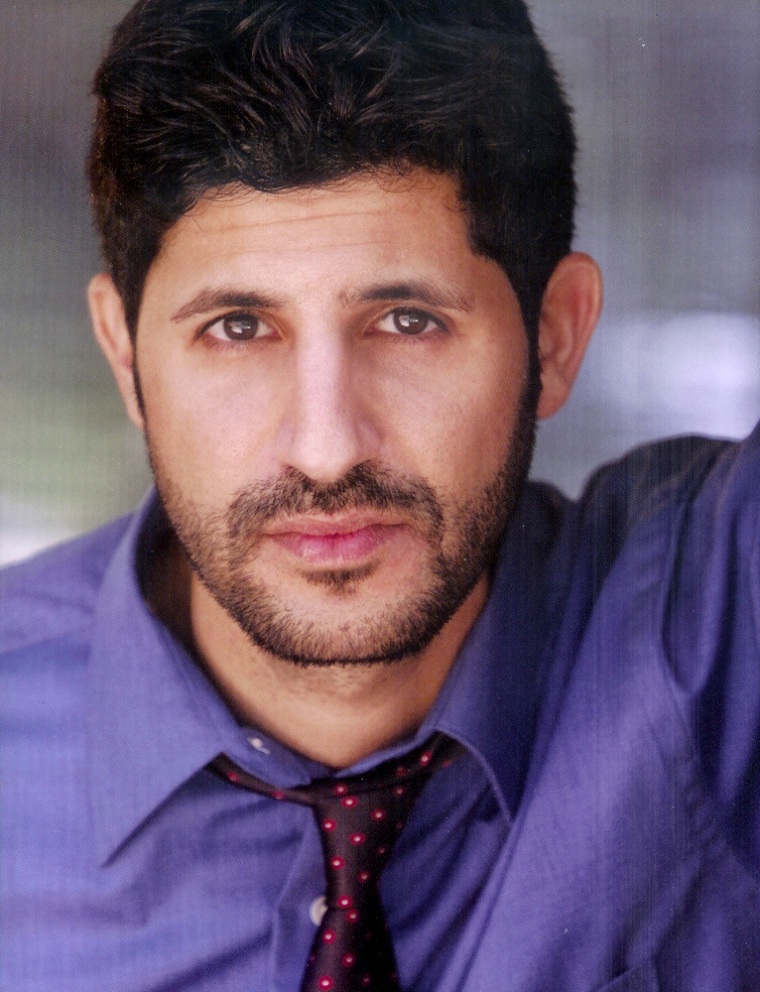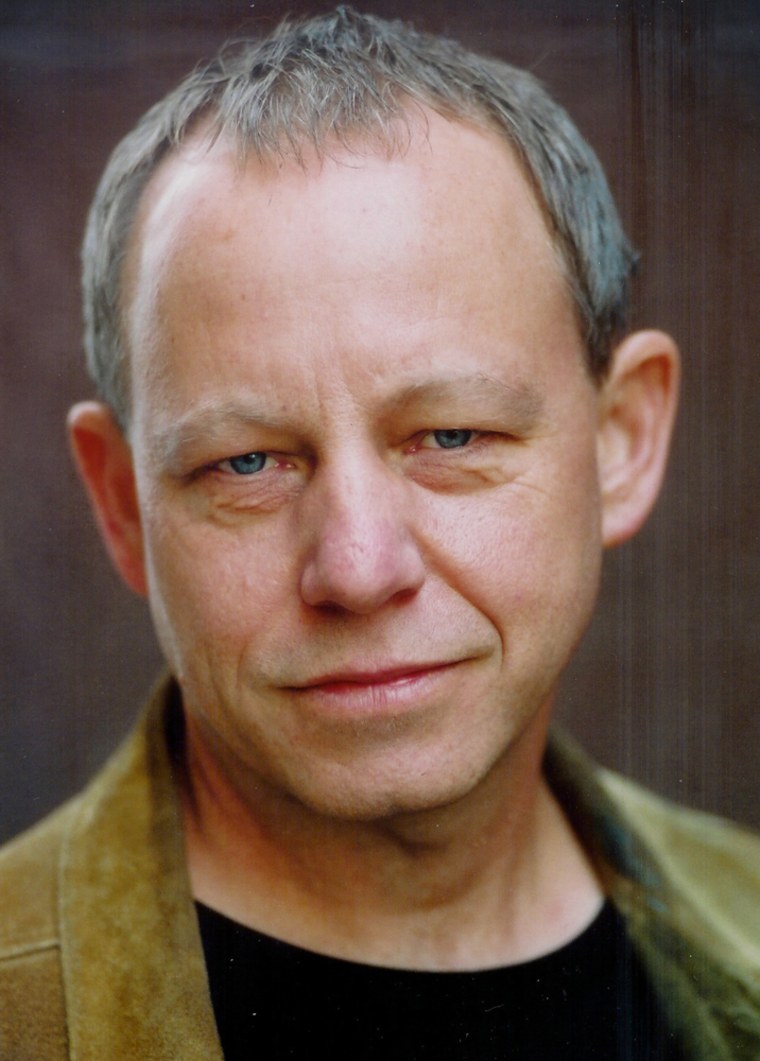George Clooney will cope. Brad and Angelina can live off baby-picture money. Reese Witherspoon won’t have to model at trade shows.
For Hollywood’s glitterati, a work stoppage caused by a breakdown in negotiations between the Screen Actors Guild and the Alliance of Motion Picture and Television Producers will not result in more frugal trips down the grocery aisles or the repossession of vehicles.
But SAG has roughly 120,000 members, and the overwhelming majority don’t drive Bentleys or have homes on the shores of Lake Como. Many are working-class actors, going from a guest spot to a small recurring role to a commercial. The current SAG contract runs out on June 30. If there is a strike, the brunt of the impact will be felt not at the far ends of the membership. Rather, it will hit hardest at those actors who make a living, but still have to hustle to make ends meet.
“If it happens, I can certainly speak for a handful of my friends in similar positions that I am, not big names making an assload of money,” Mark Espinoza said. “We’re terrified. The anxiety lies in finally recovering a bit from the writers’ strike, then possibly facing another strike right after it.”
Espinoza, who turns 43 next week, makes his bones doing roles in independent films and on episodic television shows like “Nip/Tuck,” “Numb3rs” and “Moonlight.” He isn’t married, but does support children. And typically he makes less than $100,000 per year.
He just filmed a guest-star role on the cable series "Psyche" before jumping into a web-based series called "Gemini," and now feels some momentum in the workplace. “Work has been happening again,” he said. “There’s been a nice flow. Any interruption would be a problem.”

Assaf Cohen’s career has found traction lately. The 35-year-old is probably best known as the wealthy businessman who wanted Vincent Chase to make love to his wife on HBO’s “Entourage.” But he’s also been getting parts on anything from an episode of “Reno 911!” to the next “Fast and Furious” movie.
He considers himself fortunate to work as much as he does, yet worries that a strike would interrupt the steady flow of money. Actors make a sizeable portion of their incomes from residuals. If there is a strike, then there are no auditions, which means actors won’t be able to book future parts, and therefore eventually would experience a financial void in which no residual checks arrive at the mailbox.
“I’ve been saving up,” Cohen said. “But that’s my nature. I’m conservative with money. Worst-case scenario is I have to dip into savings.
“But if I’m not booking new work, and making the bed for future residuals, then I’ll feel the sting six months to a year from now when the normal stream of residuals dries up.”
If no work now, no residuals laterIt is the actor’s way to save, because work patterns are so erratic. But Brad Greenquist, 48, says he did that and he still may have trouble. Greenquist supports a wife and two kids on between $75,000 and $125,000 per year and hasn’t had a day job in 20 years.

“A lot of that (savings) is depleted now because there wasn’t much work during the writers’ strike, and because of the whole shifting of the TV schedule as well as commercials,” he said. “There’s simply less ad money going into commercials, so that income is down as well.”
If there is a work stoppage, Greenquist and other actors may experience distress caused by fellow members of SAG. He does character work — “In commercials, I play goofy dads; in film and TV, I play bad guys” — and expects that he will have increased competition after any strike ends.
“It’s not only a segment that would be out of work; everybody would be out of work, including big stars,” he said. “So then when we get back to work, everybody is so hungry for work that people who are larger stars who still command larger salaries will accept less because they just want to work,” said Greenquist.
“Then there’s such a glut of actors that everybody gets pushed down a bit,” he notes. “People like myself, a middle-class actor, might have to accept day-player gigs or one-day guest star roles, things that at other times we might turn down. The competition is really fierce, so it’s problematic all the way around.”
None of the three actors mentioned here were concerned about health benefits, because they have all made enough in wages under the current SAG contract to qualify for benefits for the next year or so. But it is an area of worry for those union members who haven’t been so lucky.
And there is also psychological fallout to consider. After the lengthy writers’ strike, if there is another serious shutdown in Hollywood, some actors might decide they don’t want to be actors anymore.
“I have a couple of friends who have taken steps to leaving the business, because they can’t handle having nothing coming in,” Espinoza said. “Even if you don’t work for six months, you have hope, you stay motivated. But with nothing going on and bills to pay, it eats away at that level of energy.”
Michael Ventre is a frequent contributor to msnbc.com. He lives in Los Angeles.